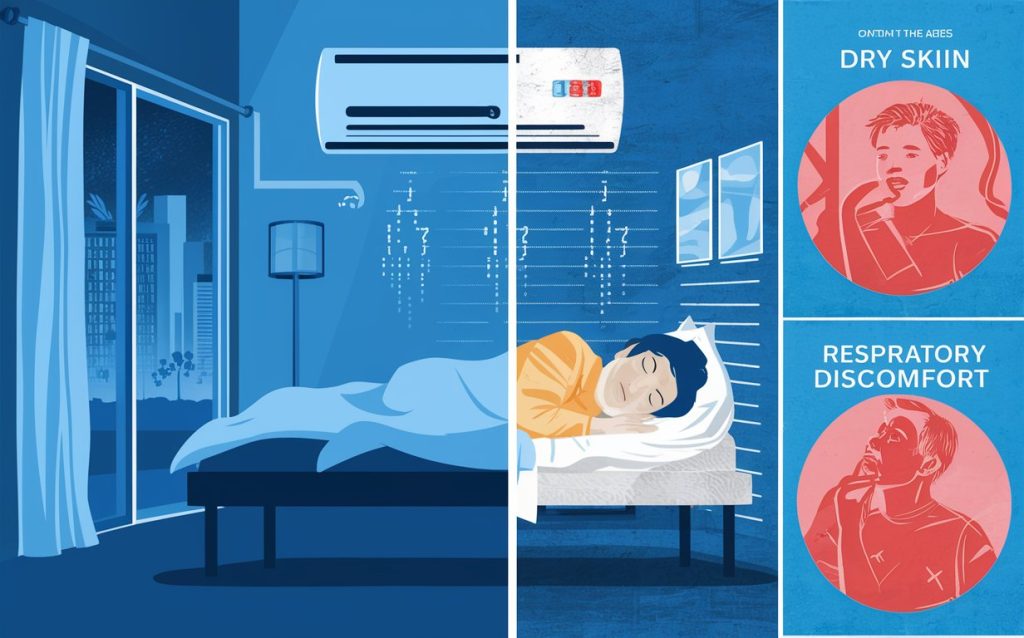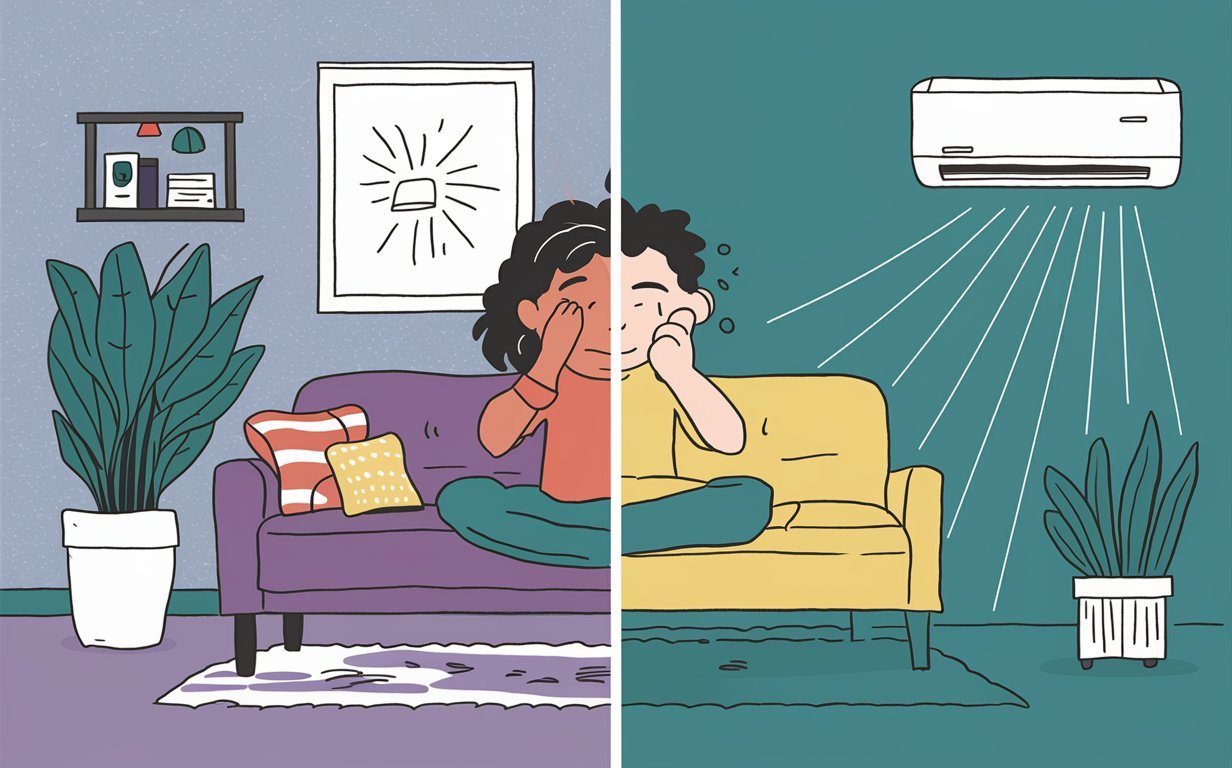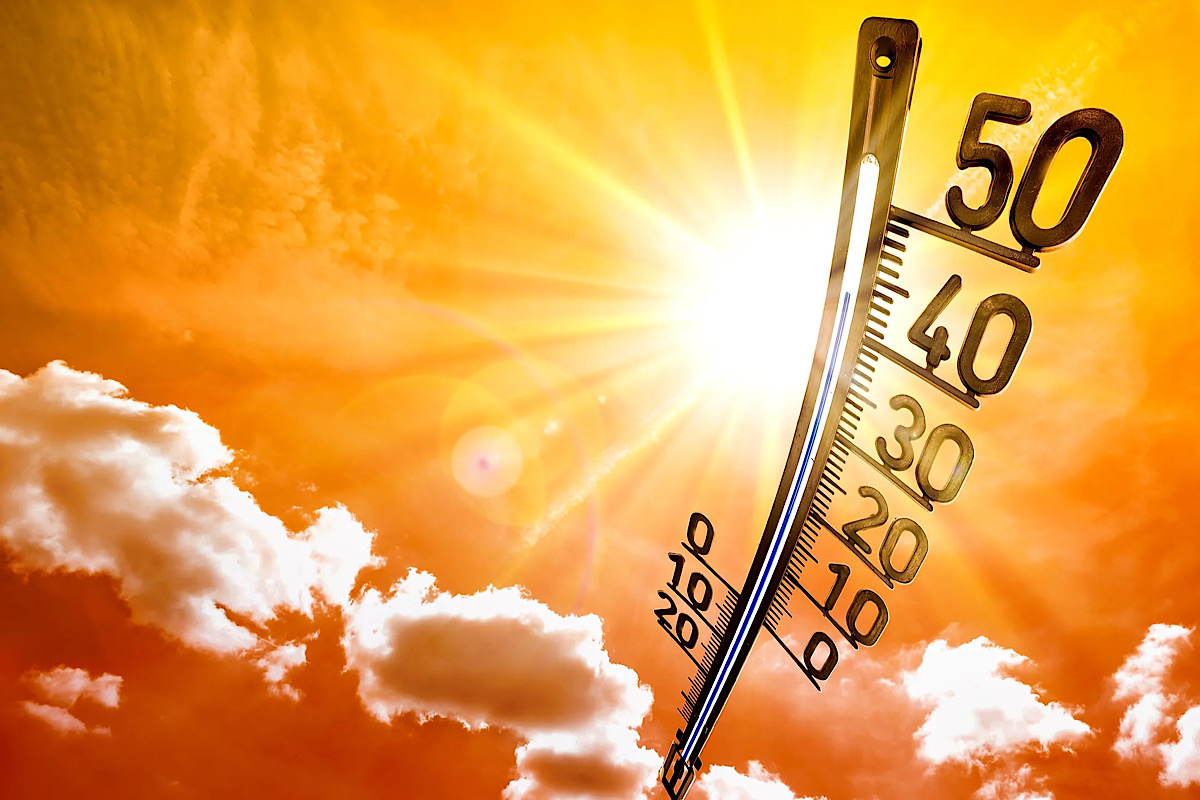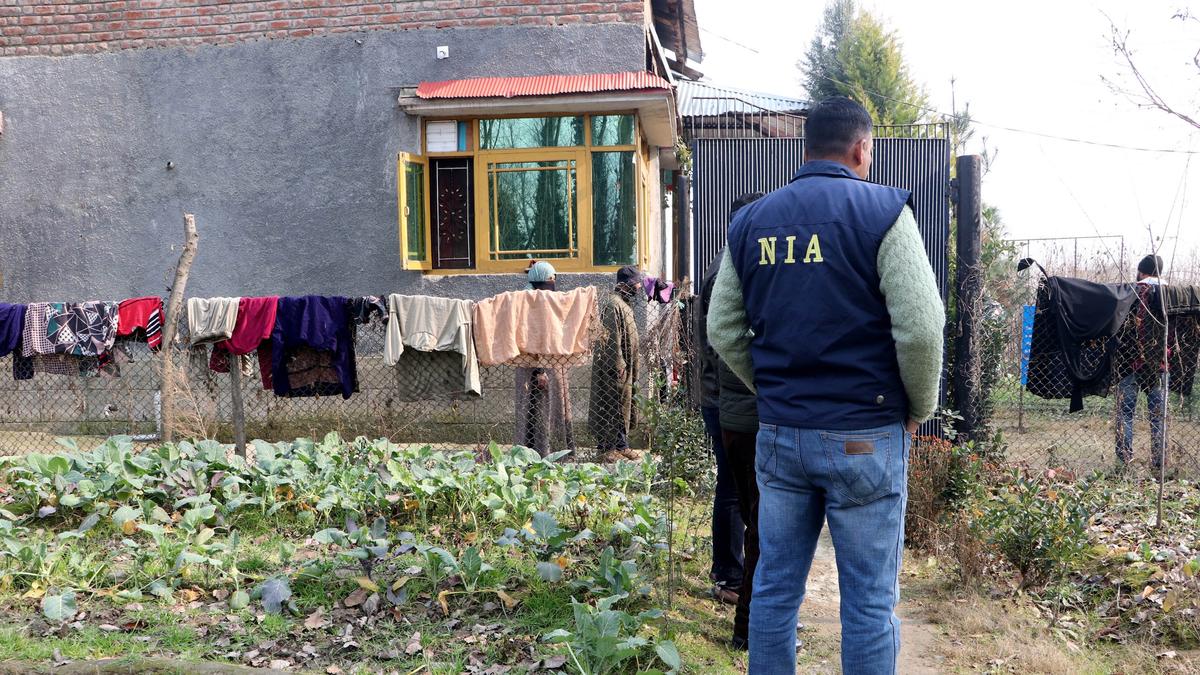The world is getting hotter than ever before. Some places have recently seen temperatures as high as 50°C (122°F). The head of the United Nations, Antonio Guterres, warns that this extreme heat is affecting billions of people worldwide. Many people are using air conditioning (AC) to stay cool. While AC helps beat the heat, using it all night while sleeping might not be good for your health. This article will examine how sleeping with the AC all night could affect your well-being.
Antonio Guterres, the UN Secretary-General, has delivered a strong caution about the worsening heat crisis. His comments stress the immediate need to confront climate change and its serious impacts on human health, particularly during periods of extreme heat.
The Impact of Extreme Heat on Health

Scientists from Europe’s Copernicus network have reported alarming news: Earth has just experienced its hottest days on record. Temperatures have soared to unprecedented levels, with some areas reaching a scorching 50°C (122°F). This global heatwave isn’t just breaking records; it’s raising serious concerns about public health and the environment. Many regions are facing extreme temperatures they’ve never encountered before, putting people, animals, and plants at risk. These record-breaking temperatures are more than just uncomfortable – they’re a clear sign of rapid climate change.
The situation highlights the urgent need for action to address global warming and its impacts. As communities worldwide grapple with this intense heat, people must stay informed, take precautions to stay cool, and support efforts to mitigate climate change. This global heat event serves as a stark reminder of our planet’s changing climate and the importance of taking care of our environment for the health and safety of all.
Health Effects of Sleeping With AC On
Sleeping with air conditioning can have various health effects. While it provides comfort, AC use can lead to dry eyes, skin irritation, and increased fatigue due to lowered metabolic rates.
Dry Eyes
AC systems remove moisture from the air, leading to eye irritation and discomfort. This can cause itching, and redness, and worsen existing eye conditions, especially for contact lens wearers.
Lethargy and Fatigue
Cool temperatures slow down metabolic rates, resulting in feelings of drowsiness and decreased energy. This can affect daytime productivity and alertness, potentially disrupting natural sleep-wake cycles.
Dehydration
Dry air increases the rate of moisture loss from the body, potentially leading to mild or moderate dehydration.
Symptoms include thirst, dry mouth, and decreased urine output, which can affect overall health and well-being.
Dry or Itchy Skin
Low humidity strips moisture from the skin, causing flakiness, itching, and general discomfort. This may exacerbate existing skin conditions and contribute to premature aging of the skin over time.
Headaches
Sudden temperature changes and cold air can trigger headaches and sinus congestion. Dehydration from dry air can also contribute to headaches, potentially disrupting sleep quality
Respiratory Issues
Cold, dry air can irritate the respiratory tract and trigger asthma attacks in susceptible individuals. It may also worsen symptoms of chronic respiratory conditions and increase susceptibility to infections.
Allergies and Asthma
AC systems can circulate allergens like dust, pollen, and mold spores, triggering allergy and asthma symptoms. Poorly maintained units can become breeding grounds for allergens, exacerbating these conditions
Noise Pollution
Constant AC noise can disrupt sleep patterns, leading to difficulty falling asleep or staying asleep. Long-term exposure may contribute to increased stress levels, irritability, and potential hearing problems.
Infectious Diseases
Improperly maintained AC units can harbor harmful microorganisms, increasing the risk of respiratory infections. In rare cases, contaminated systems can lead to serious conditions like Legionnaires’ disease.
AC Usage During Sleep: Key Tips
| Factor | Recommendation |
|---|---|
| Temperature | Maintain a cool but not freezing environment. Aim for 20-25 degrees Celsius. |
| Duration | Limit AC use to 1-2 hours for sleep. Consider programmable thermostats. |
| Air Quality | Improve indoor air with air purifiers, clean filters, and proper ventilation. |
Conclusion
While air conditioning certainly brings much-needed relief in times of intense heat, it is important to remember the health effects that its continuous use during sleep might have. From dry skin and respiratory problems to sleep pattern disturbances, long-term exposure to ACs could affect overall well-being. Maintaining a balanced temperature, doing the right maintenance, and following some handy tips shall enable you to enjoy the comfort of air conditioning without having to compromise on health.
Read More- https://www.ndtv.com/feature/health-risks-of-sleeping-with-the-ac-on-6192697



 By
By

















